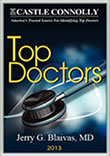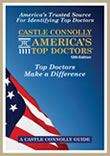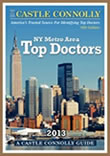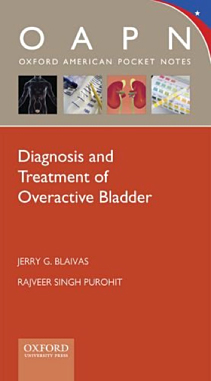Urethritis in Men
Urethritis in men is quite different from that in women. In men urethritis isn’t really a urinary tract infection at all; it’s a sexually transmitted disease. The usual symptoms are fluid leakage from the tip of the penis, burning during urination and an itch at the tip of the penis. Sometimes there are no symptoms at all and you only notice some discoloration on your underwear. The leakage is called a discharge, which may be yellow, brown, whitish or clear. In order to diagnose the condition properly, which is very important, it is necessary to take a specimen of the discharge, look at it under a microscope and send it for special cultures and tests. The specimen is obtained by inserting a special swab into the opening of the urethra for a short distance. This may burn a bit, but is not really painful.
Urethritis is classified as either gonocococcal or non-gonococcal. Gonococcal urethritis is caused by a bacteria called Neisseria gonorrhea and is always transmitted during sexual intercourse. You can’t get it from sitting on a toilet seat! Proper treatment is essential because, when untreated, it easily spreads to sexual partners and may cause serious complications, the worst of which is a periurethral abscess or a urethral blockage called a stricture. A periurethral abscess results from an untreated urethritis. The infection gets so bad that it goes through the wall of the urethra and affects the surrounding tissue, eventually turning into a painful, tender, swollen pocket of pus which is called an abscess. Treatment at this stage requires surgical drainage. A urethral stricture is a scar formed by healing of the infection. It results in a narrowing of the urethra which causes a blockage. The only treatment for this is also surgical.
Non-gonococcal urethritis may be caused by several different organisms, but many times, no specific cause is found. The most important one is Chlamydia trachomatis which is commonly spread by sexual contact. Once transmitted it can cause cervical infections and infertility in women. In some patients, the urethritis is caused by both N. Gonorrhea and C. trachomatis. Another micro-organism, Ureoplasma urealyticum has also been implicated as a cause of non-gonococcal urethritis. However, this organism is often seen in the urethra of men without infection, so it’s role in causing disease is controversial.
Treatment of urethritis depends upon the cause, but in all cases it is essential to treat the sexual partners of men with urethritis. For decades, penicillin had been the treatment of choice for gonorrhea. Over the years, however, there has been an emergence of strains of N. gonorrhoea which are resistant to penicillin and other antibiotics. Because it is a communicable disease, the Centers for Disease Control keeps careful tabs on antibiotic sensitivities against N. Gonorrhoea and, from time to time makes new recommendations. The current recommendation is to treat with an intramuscular injection of an antibiotic called Ceftriaxone followed by a one week course of doxycycline twice a day. If you are allergic to either of these medications, other effective ones are available. Non-gonoccocal urethritis is best treated by tetracycline or, one if its newer forms called doxycycline, the same drug used to treat gonorrhea. Fortunately, then, whenever you are treated for gonorrhea, you are also being treated for non-gonococcal urethritis, so the chances are that the infection will be cured, no matter what the cause.
Why Choose a Uro Center Urologist in New York?
The urologists at the Uro Center in New York are experts in their field, bringing academic and research based innovation to the clinical forefront. Our urology team specializes in areas of treatment such as: robotic surgery, reconstructive urology, men’s health & infertility, kidney stones, urologic oncology, penile implant surgery, urethral stricture, BPH, Urinary incontinence treatment, Mesh complications, Enlarged prostate treatment, Urodynamics, vesicovaginal fistula and female incontinence in New York.
Request an Appointment











